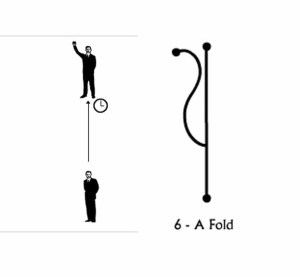
It’s somewhat incredible to discover that the “Revenge From Mars” pinball table, which is one of the four machines that I’ve ever played to the point of intimate knowledge and quasi-expertise, now is the subject of a full-length documentary film. I knew the game was noteworthy for its hybrid nature — part traditional pinball, part videogame — but I had no idea it represented a revolutionary (and controversial) attempt to save the doomed pinball industry.
I played on this table over a multi-year period in college at the Gatekeeper, a dive bar in Middletown, Conn., also notable for its steamed cheeseburgers and homemade beef jerky. I was decent at “Mars,” but a woman in the class ahead of me was far superior. I eventually owned the top score on “Theater of Magic,” which was installed at Wesleyan’s campus center and became an obsession over the course of my senior year. The other two pinball tables that have figured prominently in my life are, above all, the “Comet” table by Williams, which my uncle owned and left at my family’s house for a few years when I was 7, and “Indiana Jones: The Pinball Adventure,” which the local hotdog resturant had in residence for many years when I was in middle school and high school.
I’m sure there are pinball obsessives who know about the personalities and achievements of the legendary pinball designers. This documentary, “Tilt,” looks like it’ll give me a taste of that world.


 Almost through
Almost through 